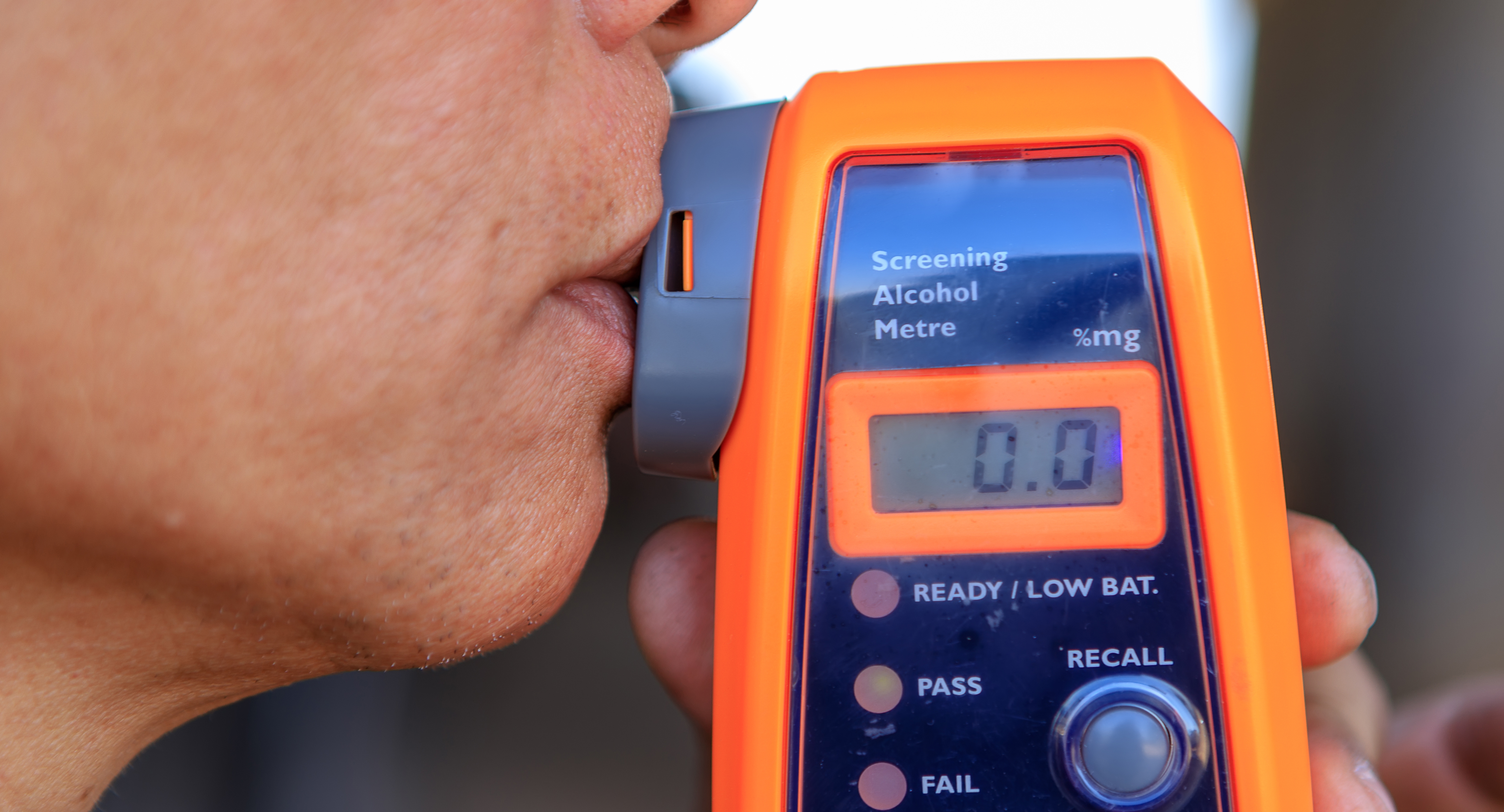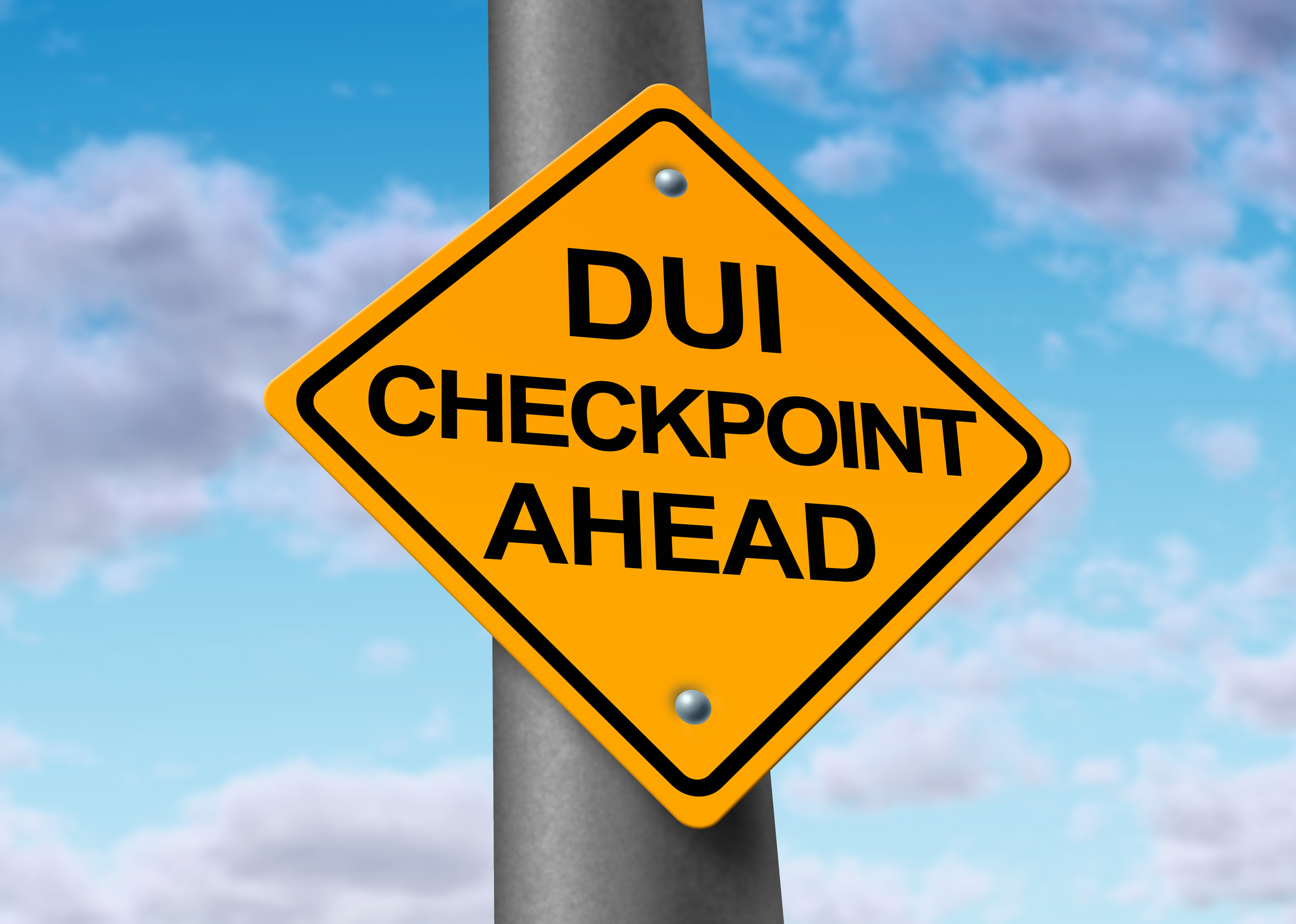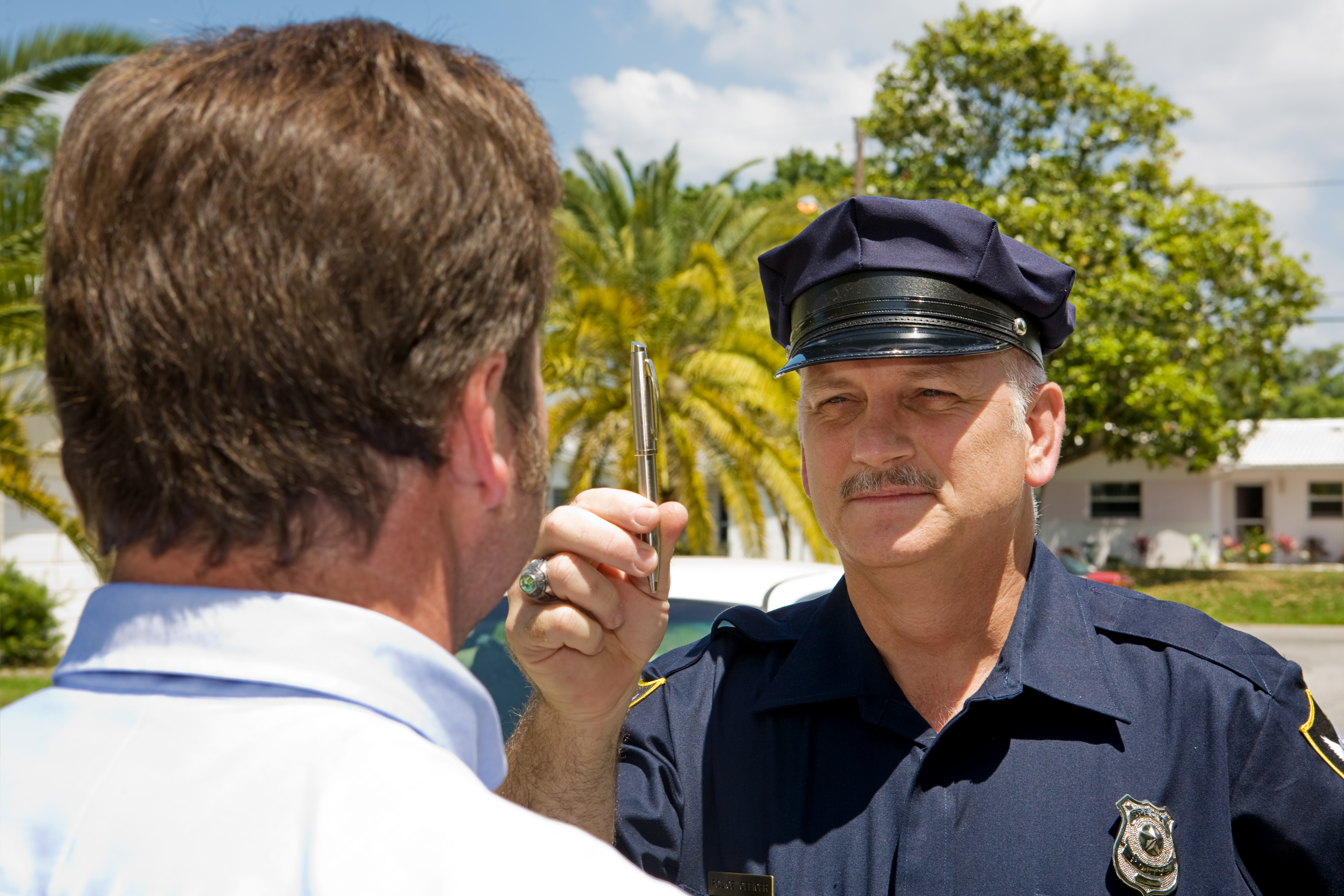- You probably won’t have to serve any jail time (aside from the hours you were in jail after your initial arrest)
- The collateral consequences of a first DWI (loss of driving privileges and fines) may actually be more severe than the criminal penalties
- Less than 1% of our first DWI cases result in jail time or total loss of driving privileges
Most first DWIs are Class B misdemeanors, which carry a maximum of 180 days in jail, a $2,000 fine, and a mandatory minimum of three days in county jail (which can be suspended or probated).
However, statistics show that most first offenders won’t spend more than a few hours in jail. It’s important to remember to stay calm, contact a lawyer immediately, and do not plead guilty.
If you get a first DWI in Texas, it’s not the end of the world. We estimate that less than 1% of our first DWI cases result in jail time.
However, a first DWI can be expensive – particularly if you plead guilty. Fines and fees alone can add up to more than $5,000. And your car insurance rates will increase.
Read on to learn what you can expect after a DWI arrest.
Charges and Penalties for a First DWI in Texas
Most first-time DWI offenses are classified as Class B misdemeanors, with a maximum fine of $2,000, up to 180 days in jail, and a mandatory minimum of three days in county jail (which can be suspended or probated.)
The likelihood of getting the maximum penalties for a first offense is minimal, particularly if you have an experienced DWI attorney. However, a few extenuating circumstances can lead to elevated felony charges for a first offense.
- DWI with an open container: This remains a Class B misdemeanor, but the presence of an open container can result in a minimum jail sentence of six days.
- BAC of .15 or higher: If your blood test shows a blood alcohol concentration (BAC) of 0.15 or higher, it is considered a Class A misdemeanor. The maximum penalty is a fine of up to $4,000 and up to a year in jail.
- DWI with a passenger under 15: This is considered a state jail felony in Texas. The maximum penalty is a fine of up to $10,000 and two years in state jail.
- Intoxication assault: This is considered a third-degree felony in Texas and can carry a fine of up to $10,000 and between 2 to 10 years in prison.
- Intoxication manslaughter: This is a second-degree felony in Texas. It can carry between 2 to 20 years in prison and a $10,000 fine, plus mandatory community service.
An ALR Hearing Must Be Requested Within 15 Days
Losing your driver’s license is a risk with any DWI arrest. We can help to prevent that. Within 15 days of your arrest, you must request an Administrative License Revocation hearing.
An ALR hearing is a civil proceeding to determine whether your driver’s license should be suspended following a DWI or DUI arrest. This hearing is separate from the criminal case and focuses on whether a person’s driver’s license should be suspended due to the DWI/DUI incident. You will also have a separate defense lawyer.
Think of the ALR as two parallel train tracks. The trains don’t jump from one track to another, but they’re both headed in the same direction.
This hearing is not only a critical way to protect your driving privileges – it also helps us to determine how strong the state’s DWI case against you is. The hearing allows our experienced ALR team to hear any evidence the state thinks it has against you. Then, we can use that information to fight the charges against you.
The ALR is not the same as a DWI trial — it doesn’t address guilt but focuses exclusively on driver’s license suspension. It gives the state a chance to determine whether your license should be suspended and you (or your attorney – you do not need to be present) the chance to demonstrate why it shouldn’t.
If you win the ALR hearing, you could still lose your driver’s license during a DWI trial, but our goal is to avoid license suspension altogether.
If you lose the ALR hearing, we can request an Occupational Driver’s License (ODL), which will allow you to continue to drive to work and complete essential tasks. We rarely, if ever, have issues obtaining an ODL for clients.
What Kind of Sentence Should I Expect for a First DWI?
Most people who face misdemeanor charges (and don’t automatically plead no contest or guilty) typically do not end up in jail.
We always strive for complete case dismissal, which we will get into in a bit, but there are also several alternative sentencing options, including
- Deferred adjudication
- Probation
- Negotiating reduced charges
Additionally, some first-time offenders may be eligible for a pretrial intervention program (PTI). The goal of these programs is to focus on rehabilitation to reduce future incidents. When enrolled in a PTI, your case remains active until all conditions have been met. After that, the case will be dismissed. It is similar to probation, except you’re eligible to have your arrest expunged from your record, and you may not be required to attend regular meetings with a probation officer.
Typical conditions for a PTI include:
- Attending alcohol awareness classes
- Submitting to regular drug and alcohol testing
- Performing community service
- Attendance at counseling sessions or a victim impact panel.
- Meeting with a program supervisor
First DWI Sentencing Statistics
Additionally, we pulled data from the five largest counties in Texas to see the outcomes. In 2023, there were 30,066 first-time DWI charges in Texas’ five largest counties, and 24% were sentenced to jail time.
Most first DWI cases in Bexar, Dallas, Harris, Tarrant, and Travis counties ended with either a guilty plea or a dismissal:
| Outcome | Total cases | Percentage |
| Guilty pleas | 10,574 | 39.29% |
| Dismissals | 10,294 | 38.25% |
| Deferred adjudication | 4,350 | 16.16% |
| Convictions (by a judge or jury) | 77 | .29% |
| Acquittals (by a judge or jury) | 36 | .13% |
| Motions to revoke probation | 1,541 | 5.73% |
| Other outcomes | 42 | .16% |
About 66% of first-time offenders who were either convicted or pleaded guilty or no contest were sentenced to county jail (usually for about 72 hours), while 34% were sentenced to probation.
To be clear, these statistics are averages that include those who hired a court-appointed attorney or who pleaded guilty: we almost never expect a conviction for our clients charged with a 1st DWI.
Texas’ Second-Chance Law
Passed in 2018, Texas’ Second Chance Law provides some first-time DWI offenders the chance to have their records sealed, though you will have to go back to court to ask the judge to grant this.
However, some criteria must be met:
- There may be a waiting period that starts when your sentence has been completed
- You must complete an application process by petitioning the court in the county of your conviction
- You must show that you’ve complied with all court orders and conditions attached to your case (including payment of all fines, fees, and any restitution the court has ordered).
- You may be required to install an ignition interlock device (IID) in your vehicle as a condition of the program
- Your DWI must not have involved any factors that would elevate it to a felony, such as BAC over .15 or driving with a passenger under the age of 15
How to Get Your DWI Charge Dismissed
- DO NOT plead guilty
- Contact an experienced DWI attorney as soon as possible
- Have your attorney request an Administrative License Revocation hearing within 15 days of your arrest
Each case is unique, so we will review all aspects of your arrest and use the following tactics to fight your case:
Challenging your traffic stop: Did the police have reasonable suspicion to pull you over? If the stop was not justified, any evidence found during the stop could be suppressed. This includes breathalyzer result
Improper police procedures: Did the officer fail to follow the appropriate protocols?
Questioning a field sobriety test: These tests are designed for failure. Improper instructions, weather conditions, and other variables could help us challenge the validity of the results.
Physical conditions: Do you have an injury, disability, or medical condition that makes it difficult to perform field sobriety tests?
Breathalyzer malfunctions: Breathalyzer machines must be properly calibrated. Otherwise, results can be inaccurate.
Blood test errors: Contamination, improper storage, or improper handling of blood samples can affect the results.
Medical conditions: Breath tests are notoriously inaccurate for people with health conditions such as diabetes and GERD (gastroesophageal reflux disease). The use of certain medications or even a poorly-timed burp can lead to false positives.
Were your constitutional rights violated? If you were not adequately informed of your Miranda rights (the right to remain silent) during the arrest before you were officially questioned, we may be able to exclude any statements or admissions.
Reviewing police video: Reviewing video footage of the traffic stop, field sobriety tests, and arrest may prove that the officer’s observations were incorrect or that you were not impaired.
Witness testimony: Are there witnesses who could testify that you were not impaired?
Is the evidence insufficient? If the prosecution cannot prove beyond a reasonable doubt that you were impaired, we may be able to file a motion to dismiss the case.
Even if dismissal is not possible, your attorney may be able to negotiate a reduction in charges (e.g., from DWI to reckless driving) or enroll you in a pre-trial diversion program.




